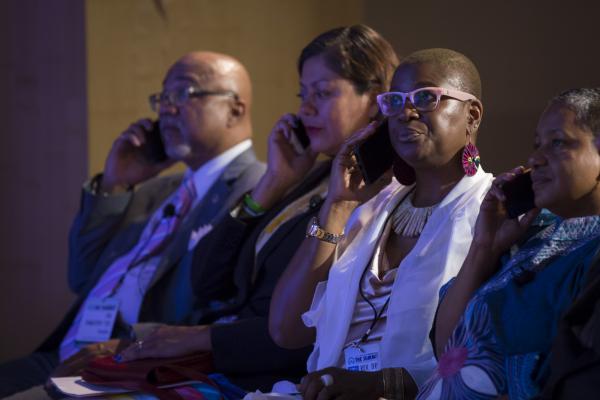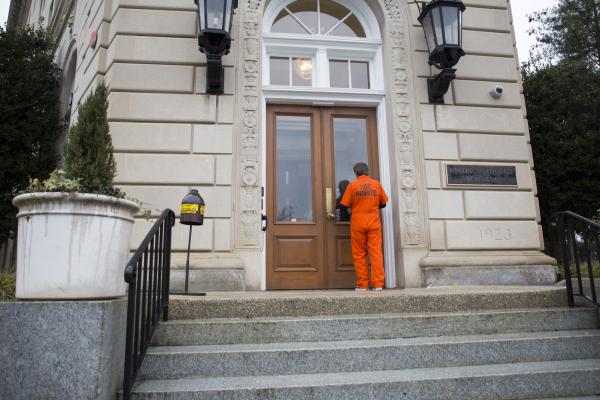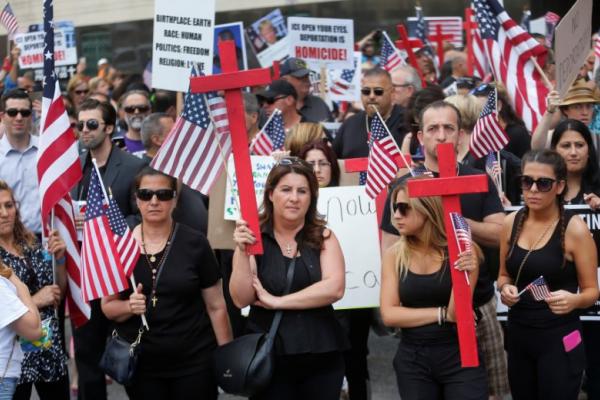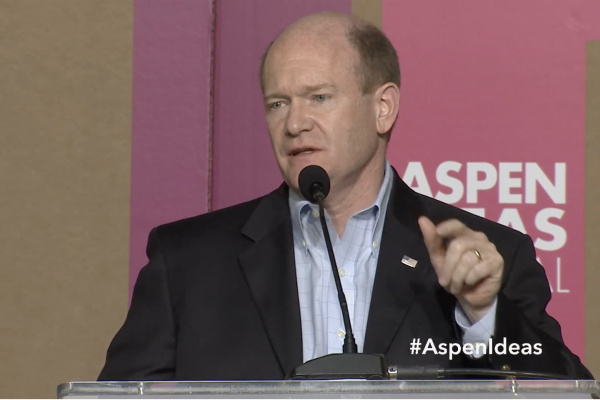White evangelical Christians were the most opposed to same-sex marriage, with 35 percent approving it, but the support more than doubled from 14 percent a decade ago. Younger evangelicals were far more supportive, with 47 percent of those born since 1964 approving gay marriages, compared with 26 percent of their older counterparts.
Senate Republican leader Mitch McConnell has decided to put off a planned vote on a health care bill to repeal the Affordable Care Act until after the July 4 recess, CNN reported on Tuesday. McConnell and other Republican leaders have been pressing to round up enough support for the healthcare legislation, but still appeared to be several votes short.
One of the defining marks over time between denominations in the Christian world is how we interpret the Bible — the words and teachings of Jesus — and how we decipher his stories and actions. Today we’re examining Jesus’ life with a megaphone, and it seems like everyone has joined the conversation, not over a cup of a hot coffee or a meal, but at our keyboards and in our pulpits and Bible studies. We’ve gone from a faithful religion to a political and social religion, in which the teachings of Jesus are used by us to prop up whatever we are claiming in our latest argument.
For Christians, interpretations of what the Bible says about capital punishment vary significantly. But many Christian leaders — from mainline Protestants and Catholics to evangelicals — take a strong stance against capital punishment.
The new film Baby Driver is a movie that expresses joy through art, specifically music. The action film from director Edgar Wright connects the joy of listening to a favorite song to the way those musical rhythms color our everyday lives. At its best, the film is a celebration of joy in creativity that bleeds over into a joy in creation itself. It struggles, however, to turn that aesthetic delight into something of substance.
A federal judge halted late on Monday the deportation of all Iraqi nationals detained during immigration sweeps across the United States this month until at least July 10, expanding a stay he imposed last week. The stay had initially only protected 114 detainees from the Detroit area.
Identifying as a "progressive Christian and Democrat," Sen. Chris Coons of Delaware offered what he believes is the answer to hyperpartisanship and a deadocked Congress: prayer.
Coons, speaking at the Aspen Ideas Festival on Monday, pointed to the Senate's weekly prayer breakfast he attends each week as something that gives him hope for progress through partisan division. He said about two dozen people of all faiths gather for an hour to do two uncommon things: "We trust each other and we listen ... And out of that experience has come the greatest opportunities for bipartisanship and progress that I've had in seven years."
Thirteen male senators wrote a 142-page healthcare bill behind closed doors that puts the health of women in the U.S. in danger. While the authors of the “Better Care Reconciliation Act of 2017” may have forgotten about women — only including the words “women” and “woman” a few times in the whole document — Jesus never forgot about women’s health.
Let us not forget that healing was central to Jesus’ ministry, and the healing of afflicted women was just as important to him as the healing of men. Jesus healed a woman on the Sabbath in a room full of protesting men (Luke 13:10-17). Jesus healed a hemorrhaging woman considered ritually unclean who had been denied coverage — in a sense — for 12 years (Mark 5:25-34, Matthew 9:20-22, Luke 8:43-48).
The Supreme Court has ruled for a Missouri church that claimed religious discrimination after it was refused state funds to improve its playground.
Ruling 7-2, the court on June 26 determined that the state had unfairly denied funds for Trinity Lutheran Church in Columbia under the First Amendment’s free exercise clause.
The court ruled that Trump may bar people from six majority Muslim countries — Iran, Libya, Somalia, Sudan, Syria, and Yemen — if they have no “bona fide” relationship to the U.S. Those that have established ties will be allowed to continue entering the country.
That means officials at the Department of Homeland Security and the State Department will have to begin sorting through each application submitted by travelers from the six targeted countries to determine if they have enough of a link to the U.S. to enter.









